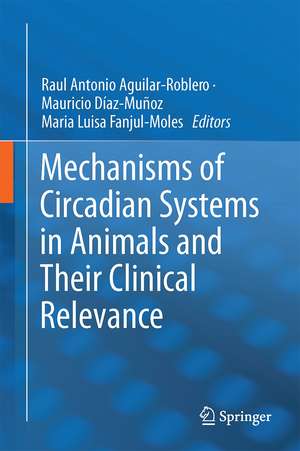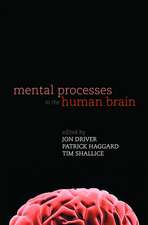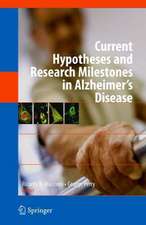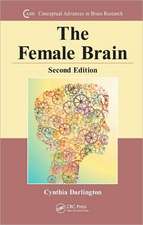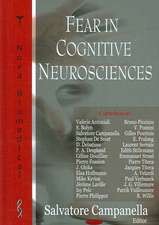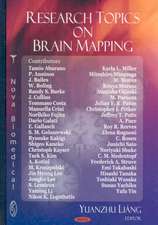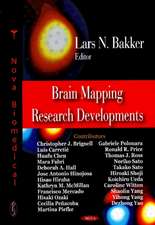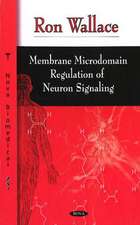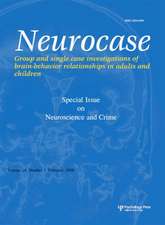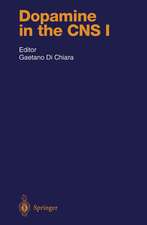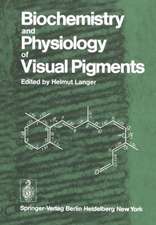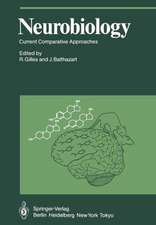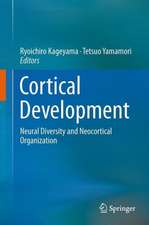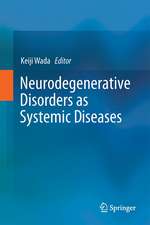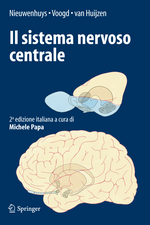Mechanisms of Circadian Systems in Animals and Their Clinical Relevance
Editat de Raúl Aguilar-Roblero, Mauricio Díaz-Muñoz, Mária Luisa Fanjul-Molesen Limba Engleză Hardback – 27 noi 2014
This book is aimed at all those interested in contemporary aspects of physiology, biochemistry and molecular biology applied to the study and characterization of timing systems.. It could be used as an initial approach to this field, but it also provides updated information for those already familiar with the fascinating field of Chronobiology.
| Toate formatele și edițiile | Preț | Express |
|---|---|---|
| Paperback (1) | 645.79 lei 6-8 săpt. | |
| Springer International Publishing – 23 aug 2016 | 645.79 lei 6-8 săpt. | |
| Hardback (1) | 652.17 lei 6-8 săpt. | |
| Springer International Publishing – 27 noi 2014 | 652.17 lei 6-8 săpt. |
Preț: 652.17 lei
Preț vechi: 767.26 lei
-15% Nou
Puncte Express: 978
Preț estimativ în valută:
124.79€ • 130.30$ • 103.05£
124.79€ • 130.30$ • 103.05£
Carte tipărită la comandă
Livrare economică 15-29 aprilie
Preluare comenzi: 021 569.72.76
Specificații
ISBN-13: 9783319089447
ISBN-10: 3319089447
Pagini: 380
Ilustrații: XXIV, 380 p. 83 illus., 47 illus. in color.
Dimensiuni: 155 x 235 x 22 mm
Greutate: 0.74 kg
Ediția:2015
Editura: Springer International Publishing
Colecția Springer
Locul publicării:Cham, Switzerland
ISBN-10: 3319089447
Pagini: 380
Ilustrații: XXIV, 380 p. 83 illus., 47 illus. in color.
Dimensiuni: 155 x 235 x 22 mm
Greutate: 0.74 kg
Ediția:2015
Editura: Springer International Publishing
Colecția Springer
Locul publicării:Cham, Switzerland
Public țintă
ResearchCuprins
1. Introduction to Circadian Rhythms, Clocks and its Genes.- 2. Oxidative Stress and its Role in the Synchronization of Circadian Rhythms in Crustaceans, an Ecological Perspective.- 3. Control of Rest: Activity Behavior by the Central Clock in Drosophila.- 4. Biological Rhythmicity in Subterranean Animals, a Function Risking Extinction?.- 5. Avian Circadian Organization.- 6. Functional Organization of Circadian Timing System of Diurnal Primate (Marmoset).- 7. Intracellular Calcium as a Clock Output from Suprachiasmatic Nuclei Neurons.- 8. GABAA Receptor-Mediated Neurotransmission in the Suprachiasmatic Nucleus.- 9. Network Properties in the SCN Function.- 10. Behavioral, Physiological and Neuroendocrine Circadian Rhythms during Lactation.- 11. A Time to Wake, a Time to Sleep.- 12. Chronostasis: The Timing of Physiological Systems.- 13. Circadian rhythm and Food/Nutrition.- 14. Physiopathology of Circadian Rhythms: Understanding the Biochemical Mechanisms of Obesity and Cancer.- 15. Effects of Circadian Disruption on Physiology and Pathology: from Bench to Clinic (and Back).- 16. Circadian Dysfunction in Huntington’s Disease.- 17. Is it Possible to Modify Clock Genes to Improve Health?.
Textul de pe ultima copertă
Well known experts in the field of Chronobiology from around the world, provide an integrative view of the state of the art of circadian biology. At present, genetic and epigenetic interaction of regulatory pathways among circadian oscillators, metabolic networks, cellular differentiation and neuronal communication are subject of intense scrutiny. The book is organized in three sections: The first includes selected examples of the circadian systems of crustaceans, insects, fish, birds and mammals. The second is a detailed view of the physiological mechanisms underlying the circadian clocks in mammals. Finally, in the third section some examples of the relevance of circadian biology and circadian misalignment to health and disease are provided including nutrition and metabolism, obesity, cancer, cardiovascular and pulmonary diseases, Huntington and affective diseases. This section concludes with a brief review on gene therapy and its potential use as a therapeutic tool to correct “clock genes” pathologies.
This book is aimed at all those interested in contemporary aspects of physiology, biochemistry and molecular biology applied to the study and characterization of timing systems.. It could be used as an initial approach to this field, but it also provides updated information for those already familiar with the fascinating field of Chronobiology.
This book is aimed at all those interested in contemporary aspects of physiology, biochemistry and molecular biology applied to the study and characterization of timing systems.. It could be used as an initial approach to this field, but it also provides updated information for those already familiar with the fascinating field of Chronobiology.
Caracteristici
Makes an important case for the clinical relevance of circadian systems Provides a wide perspective on the organization and physiological relevance of circadian systems from invertebrates to mammals Explicitly addresses the relevance of research on animal circadian systems to human clinical practice Includes supplementary material: sn.pub/extras
